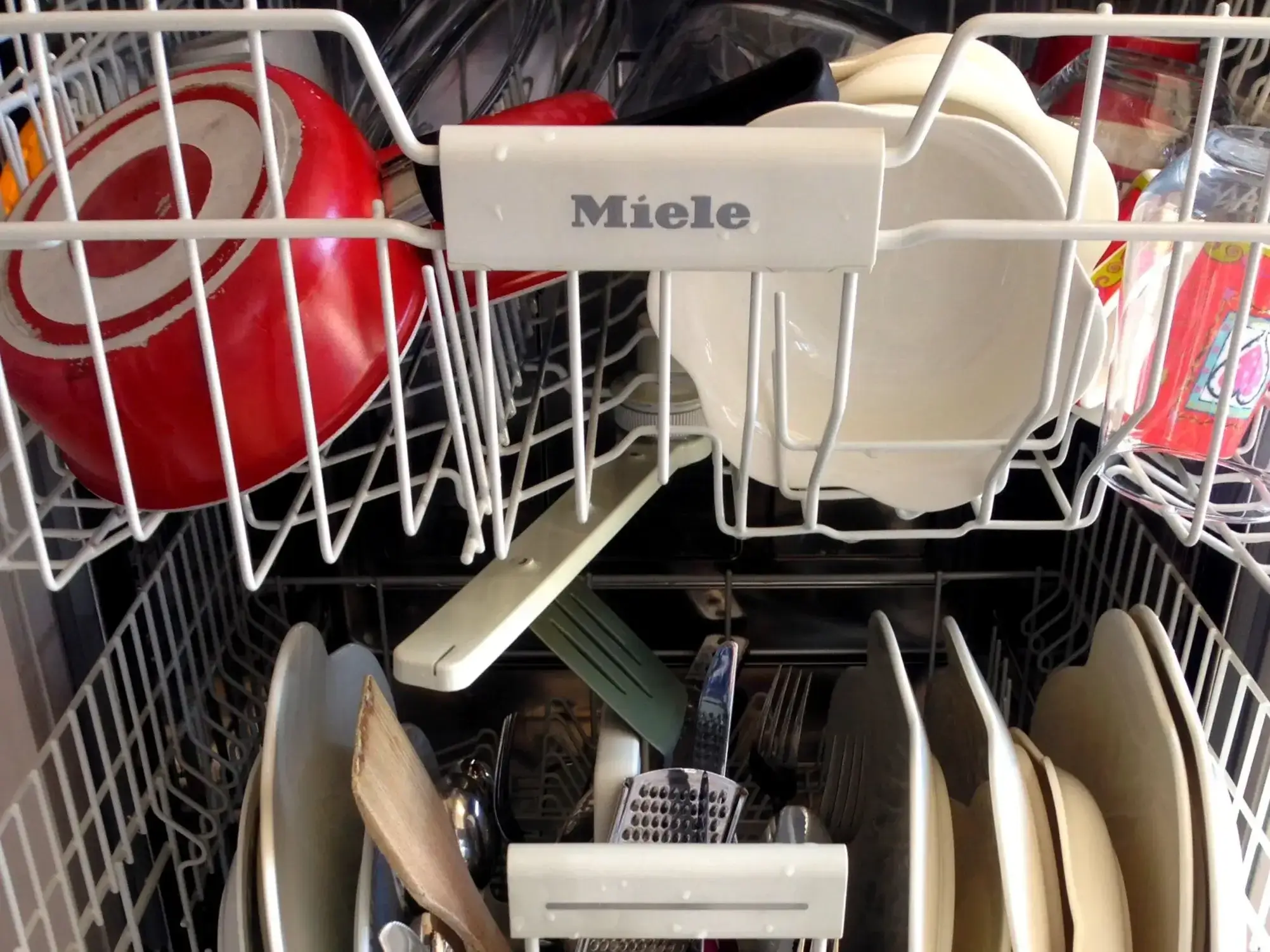After washing the dishes in your dishwasher, sometimes you can see the particles, white film, and detergent which is not being properly dispensed as required. Consequently, your dishes will not be clean and white, which is a very frustrating problem in your kitchen. But in most cases, you can fix the problem on your own by using basic tools or few materials and avoiding the expensive professional service call.
Here are 10 helpful hints and tips to get cleaner dishes when using your dishwasher. Follow the steps below to fix a dishwasher that’s not cleaning, besides for best using practices to ensure that your dishwasher functions optimally to keep your dishes stainless.
Clean the food particles
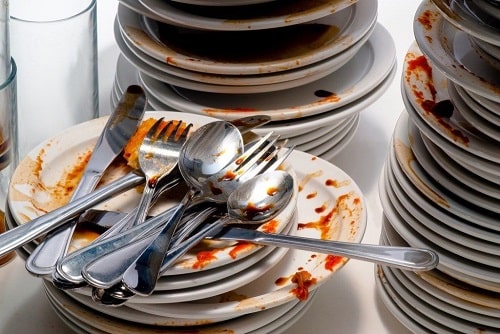
Huge food particles on your dishes in the dishwasher can cause a big problem. Before you put your dishes in the dishwasher, make sure you pre-wash dishes first by scraping away or washing off large food particles or food leftovers with your hands. Large parts of food can clog up your dishwasher and therefore reduce the cleaning performance of it. Generally dishwashers can grind food pieces and remains. However your dishwasher may not be able to effectively remove all of the pieces and food debris without a pre-rinse first and it can perform much better if the dishwasher are free of food particles.
Be sure to not load your dishwasher improperly
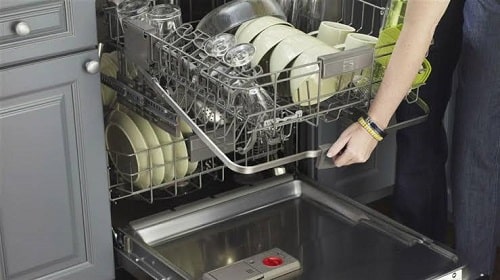
If you load your dishwasher with dishes in a unlevel pattern, the dishwasher can not clean the dishes properly and entirely. Simply do not load your dishwasher in a irregular pattern. Keep your plates and dishes in a parallel pattern so when the water sprays, all the dishes can get the water. If the dishes are placed in a flat way, the water spraying cannot reach them as the plate or dish is blocking the water.
Use a quality type of detergent
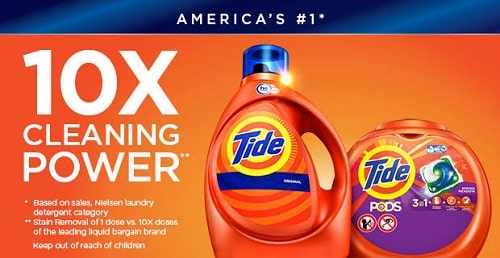
The type of detergent you use in your dishwasher is important at successfully removing food and cleaning your dishes. Generally, a liquid or gel detergent is the best option as it can quickly dissolve in comparison to powdered detergent. If you use hard water in your area, it will be more difficult for your dishwasher to dissolve certain types of detergent. So, look for a detergent with added water softeners. Or you can purchase an additive that improve your machine’s cleaning ability and reduces filming in dishwasher.
Using excessive or not enough detergent can cause problems in your dishwasher and leave a white film on all dishes and glasses. Consult your machine’s instructions to find out the recommended detergents.
Make sure the water level is enough
When your dishwasher do not get enough water, it will not be able to clean the dishes properly.The water float valve controls to fill the dishwasher the proper amount of water. To make sure your dishwasher is getting enough water, run a wash cycle and open the dishwasher’s door when you hear the machine stop loading the water. The water should reach the heating coil. If it doesn’t, make sure the float valve is operating freely and the inlet valve isn’t clogged or blocked.
Make sure that filters are clear
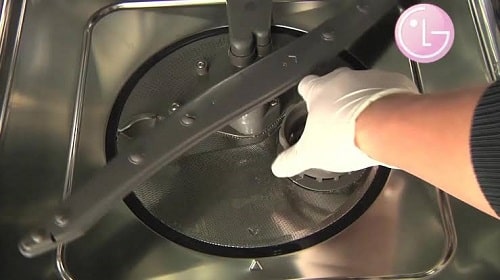
Many dishwashers have a filter in the bottom. Sometimes filter can be blocked and reduce performance of your dishwasher. It is highly recommend cleaning your dishwasher’s filters at least once a year. Clean the filter at the bottom of the dishwasher. Remove it simply by unscrewing from the dishwasher. Use the filter under hot water to clean it. Clean it out and make sure that all pieces and debris are removed. Screw your dishwasher filter back in and be sure it is safely fitted into the dishwasher.
Clean the inside of your dishwasher
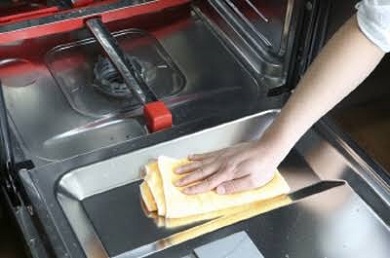
Make sure to keep the interior of your dishwasher always clean. It can be several things in your dishwasher such as food particles, pieces of broken dishes or cup that should not be in the dishwasher. Hard water can build up in your dishwasher and cause some problems. Clean the top rack, bottom rack, sides, and the bottom of the dishwasher to clean all the food remains. It is recommended to clean your dishwasher every 25 wash cycle.
Make sure the spray arms isn’t clogged
If your dishwasher doesn’t clean your dishes as it should be, the upper or lower spray arms in the dishwasher that spray water may be clogged. In this situation, the spray arms can not spray water to the dishes properly. To fix this, use a tooth brush and make sure the water spray holes on the spray arms are not blocked anymore. If the spray arms are damaged, just replace them with new ones. If the spray arm is stuck and unable to freely move, this can also cause to dishwasher doesn’t clean your dishes. Make sure the spray arms are not blocked or clogged with a dish causing it can not move freely.
Check and Adjust the Water Temperature
Hot water cleans your dishes better than the cold water. That is why a hot water wash cycle is important to clean your dishes effectively. When the water which enters in your dishwasher is not hot enough, the dishwasher may not be able to clean the dishes properly. If you are not sure that your dishwasher is getting hot water or not, check the water temperature. Run hot water from your sink and fill the water into a bowl or glass and use a glass thermometer to test it. Be sure the water is within the range from 120F to 140F for proper function.
Replace the dishwasher’s inlet valve
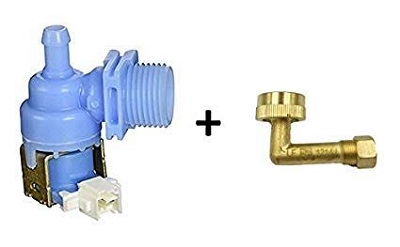
Water inlet valve may be the another problem when your dishwasher doesn’t clean your dishes properly. The water inlet valve make the water to flow into the dishwasher. If it is failing, the water may not flow properly. When this part doesn’t work correctly, a hammering noise can be heard during a wash cycle. This hammering noise indicate that the water inlet valve is going bad. Remove the dishwasher inlet valve to clean the screen or replace it with a new one if you hear the hammering noise. A broken water inlet valve can not fill the dishwasher with water properly, therefore causing the dishes remain dirty and uncleaned.
- Why is My Dishwasher Not Cleaning Properly? - November 1, 2024
- Washers and Dryers Error Codes List (All Brands 2024) - July 30, 2024
- Why is My Refrigerator Not Cooling? Fix Fridge Problems - June 15, 2024

